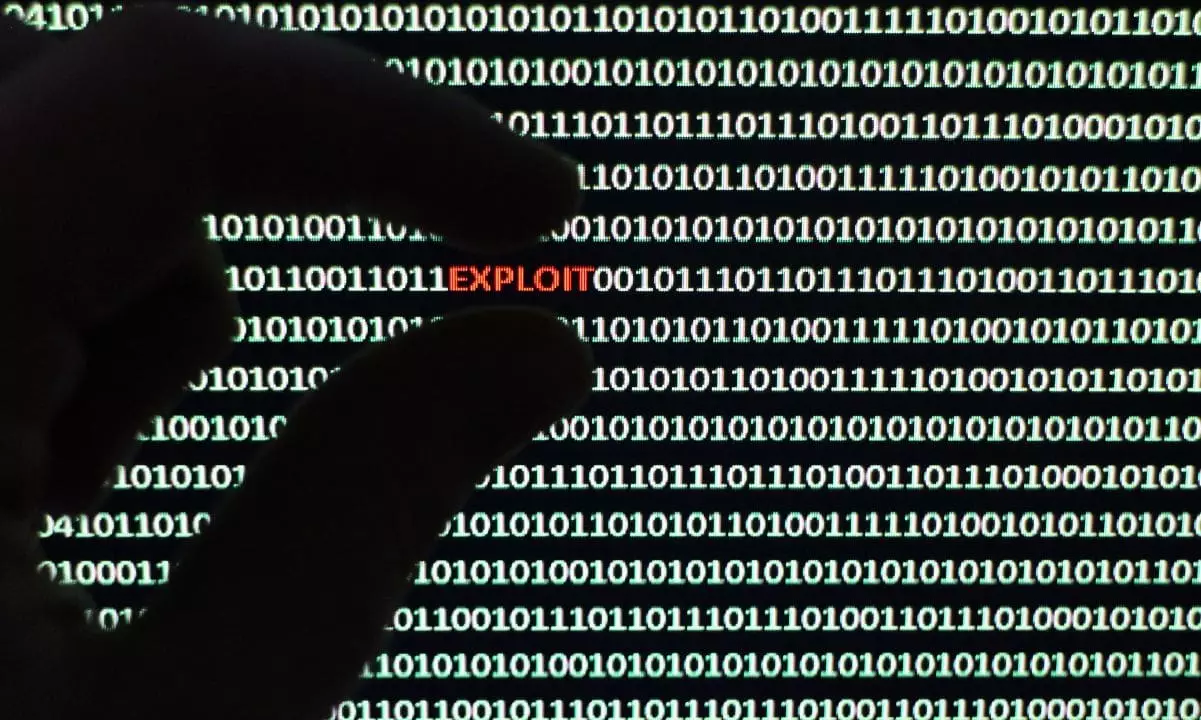On December 1, 2023, at 4 AM UTC, the decentralized exchange (DEX) Clipper was struck by a security breach that targeted its liquidity pools on both Optimism and Base blockchains. This incident marks a significant event in the constantly evolving landscape of decentralized finance (DeFi), raising concerns over security protocols and the ever-present risks associated with cryptocurrency platforms.
Initially, the co-founder of Fuzzland, Chaofan Shou, suggested that a leak of private keys was the root cause behind the attack. Such an occurrence would typically signal a major failure in security protocols, allowing malicious actors to authorize unauthorized withdrawals and deposits. However, Clipper quickly countered this narrative, asserting that their security measures are built to withstand such vulnerabilities. This conflicting information raises questions about accountability and the effectiveness of security protocols in place.
According to Clipper’s update, the breach resulted in a loss of approximately $450,000, equating to roughly 6% of the DEX’s total value locked (TVL). While the attacker attempted to exploit other blockchain networks, these efforts were thwarted. The rapid response from Clipper, including pausing all swaps and deposits as a precautionary measure, demonstrates the platform’s commitment to user security, although it does not eliminate the overall concerns regarding systemic vulnerabilities in DeFi ecosystems.
In light of the breach, Clipper has taken prompt action to ensure the safety of its users’ funds. They emphasize that even amidst the security incident, withdrawals remain operational, staying true to their noncustodial model that grants users control over their assets. However, the capacity to withdraw a single token, identified as a vulnerability exploited during the attack, has been disabled. Instead, users are required to withdraw a mix of assets. While this may add inconvenience for users trying to manage their funds, it underscores the importance of prioritizing security over accessibility.
An important aspect of the current situation is Clipper’s approach to transparency. The team has expressed their dedication to keeping the community updated and is actively investigating the breach with the assistance of security experts. They are also making efforts to trace stolen funds, ultimately hoping for recovery. The plea made to the exploiter invites a dialogue, indicating an unusual approach that highlights a certain level of community engagement that is often absent in these conversations.
The alarming scale of security breaches in the cryptocurrency sector cannot be ignored. A report from Immunefi noted that hacks accounted for an astonishing 99.96% of all crypto losses in November 2024, reflecting a concerning trend. The report highlights that despite a significant decline in fraud and rug pulls, decentralized finance has seen staggering losses, totaling $71 million that month. Each incident, including the breach at Clipper, reinforces the reality that vulnerabilities remain prevalent across the industry.
As Clipper navigates through the aftermath of this incident, the broader conversation about security in DeFi draws renewed attention. Stakeholders must reflect on the efficacy of existing safeguards and prioritize the development of more robust security measures to protect against future breaches. With the ever-growing interest in decentralized finance, the need for enhanced security protocols is not just prudent; it’s imperative. The DeFi sector is at a crossroads, and how it addresses these challenges will significantly impact its future viability.


Leave a Reply